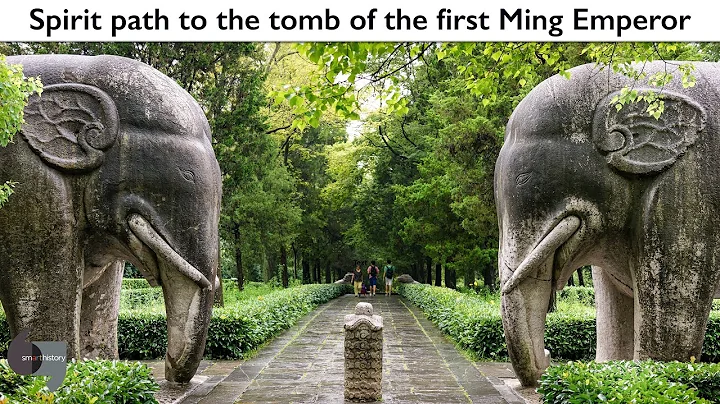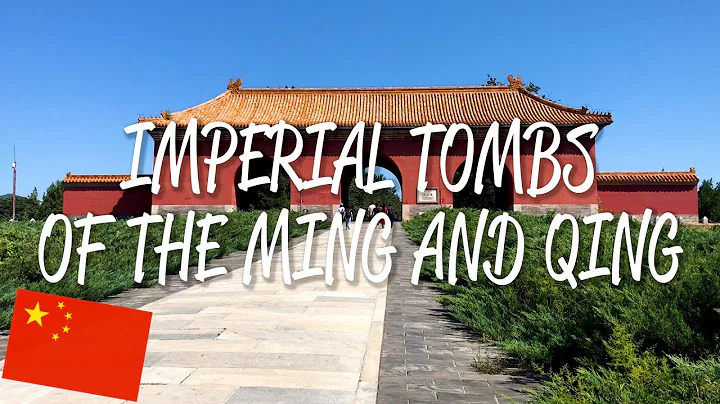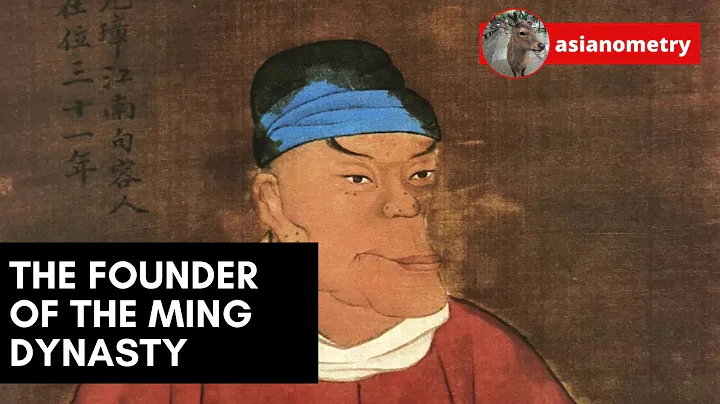
Zhu Di
Zhu Di was born in May 1360 as the fourth son of Zhu Yuanzhang . He studied literary, Taoist and martial arts with his brothers since he was a child. In 1376, he married Wei Guogong Xu Da's eldest daughter as his wife. In 1380, he became a feudal lord. Beiping. Beginning in 1390, Zhu Yuanzhang sent the Yan King Zhu Di to fight the remnants of the Northern Yuan Dynasty three times with great success. In 1398, Zhu Yuanzhang ordered Zhu Di to control the troops of the four guards and lead the kings' troops to guard against border troubles.
Zhu Yuanzhang died in 1398, and the emperor's grandson Zhu Yunwen succeeded to the throne. After Zhu Yunwen succeeded, he reduced the vassal vassal. In 1399, Zhu Di rebelled in the name of the country's "Jingnan". In 1402, Zhu Di captured Nanjing, Zhu Yunwen escaped, and Zhu Di succeeded in usurping the throne. Zhu Di ascended the throne as emperor in 1402. After Zhu Di ascended the throne, he relocated the refugees, encouraged farming and mulberry cultivation, developed the economy, rectified the administration, and improved the civil service system to create the Yongle Prosperity . Zhu Di also sent his confidant eunuch Zheng He on seven voyages to the West to demonstrate the power of the glorious China. Construction of Beijing began in 1406, and the capital was moved to Beijing in 1421.
During Zhu Di's reign, he actively managed the frontiers. In 1406, he sent an army to conquer the south and regained Annan. was changed to Jiaozhi, and a government and military guards were set up for management. In 1409, the Mongols killed the envoys sent by Zhu Di to ask for peace. Zhu Di sent an army to crusade but failed, so he decided to conquer it himself. In 1410, Emperor Chengzu of the Ming Dynasty personally commanded an army of 500,000 to conquer the north. The Tatars returned with a great victory. In 1414, the Ming Dynasty Chengzu personally conquered Oala and defeated Oala. In 1422, Zhu Di personally conquered the Tatars again. In 1424, the Tatars invaded Shanxi, and the handsome army drove away the Mongolian army. Although Emperor Chengzu of the Ming Dynasty personally conquered Mongolia five times and defeated the enemy, he did not completely solve the threat from the north.
In 1424, Zhu Di, the founder of the Ming Dynasty, died on his way back from the Northern Expedition.





















